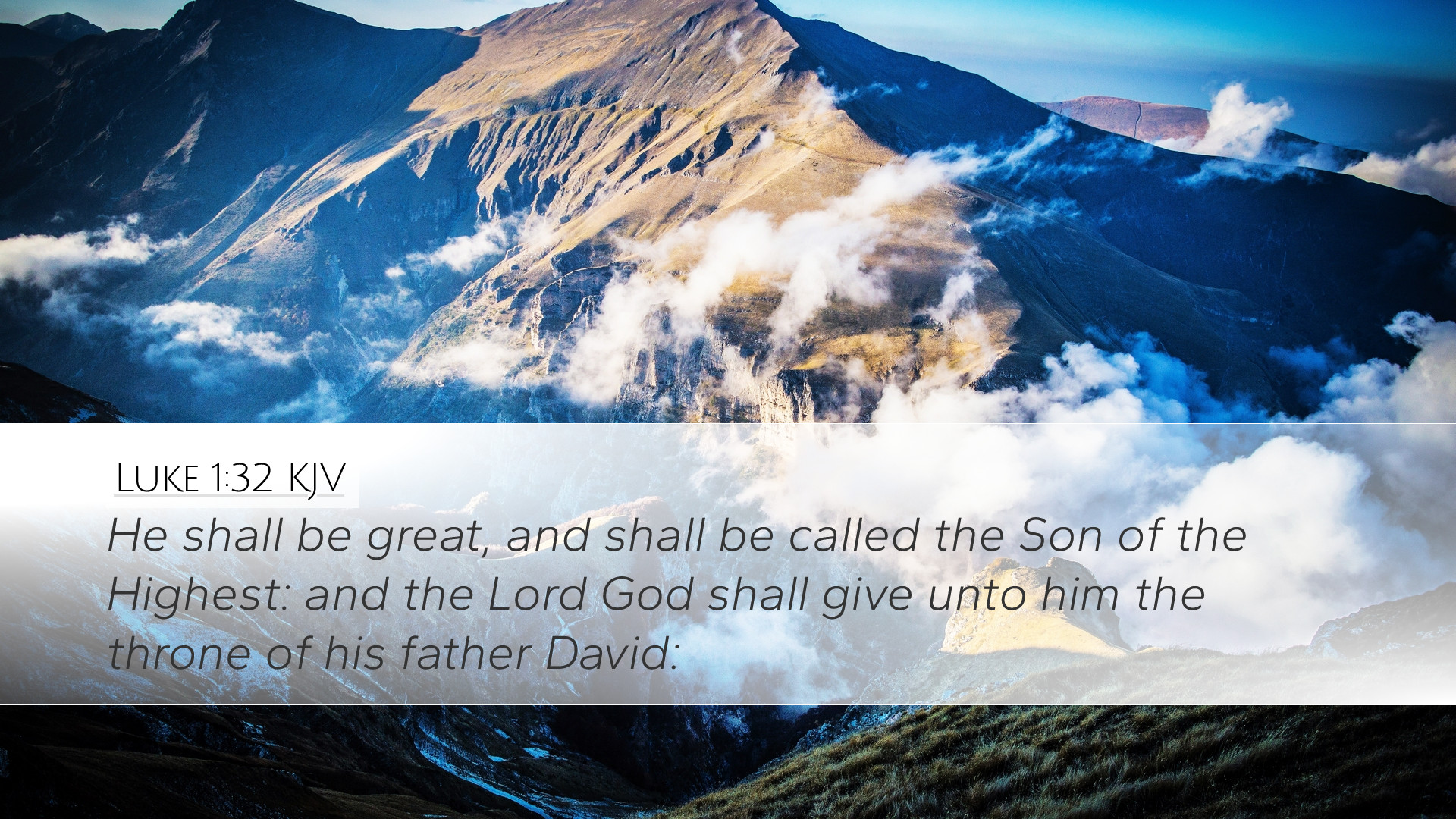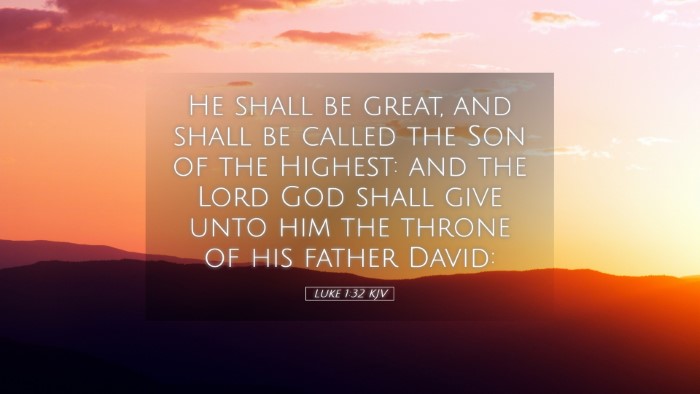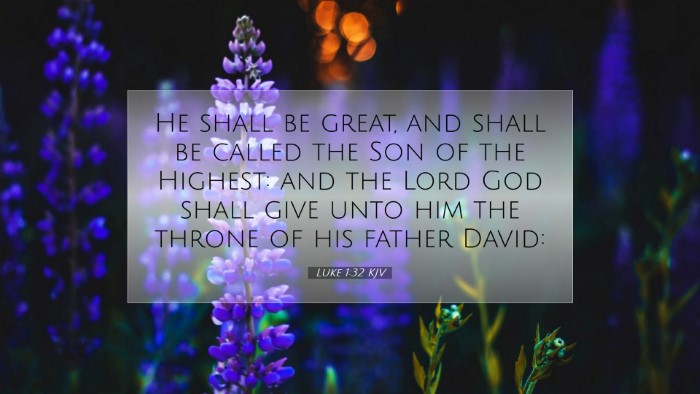Old Testament
Genesis Exodus Leviticus Numbers Deuteronomy Joshua Judges Ruth 1 Samuel 2 Samuel 1 Kings 2 Kings 1 Chronicles 2 Chronicles Ezra Nehemiah Esther Job Psalms Proverbs Ecclesiastes Song of Solomon Isaiah Jeremiah Lamentations Ezekiel Daniel Hosea Joel Amos Obadiah Jonah Micah Nahum Habakkuk Zephaniah Haggai Zechariah MalachiVerse
Luke 1:1 Luke 1:2 Luke 1:3 Luke 1:4 Luke 1:5 Luke 1:6 Luke 1:7 Luke 1:8 Luke 1:9 Luke 1:10 Luke 1:11 Luke 1:12 Luke 1:13 Luke 1:14 Luke 1:15 Luke 1:16 Luke 1:17 Luke 1:18 Luke 1:19 Luke 1:20 Luke 1:21 Luke 1:22 Luke 1:23 Luke 1:24 Luke 1:25 Luke 1:26 Luke 1:27 Luke 1:28 Luke 1:29 Luke 1:30 Luke 1:31 Luke 1:32 Luke 1:33 Luke 1:34 Luke 1:35 Luke 1:36 Luke 1:37 Luke 1:38 Luke 1:39 Luke 1:40 Luke 1:41 Luke 1:42 Luke 1:43 Luke 1:44 Luke 1:45 Luke 1:46 Luke 1:47 Luke 1:48 Luke 1:49 Luke 1:50 Luke 1:51 Luke 1:52 Luke 1:53 Luke 1:54 Luke 1:55 Luke 1:56 Luke 1:57 Luke 1:58 Luke 1:59 Luke 1:60 Luke 1:61 Luke 1:62 Luke 1:63 Luke 1:64 Luke 1:65 Luke 1:66 Luke 1:67 Luke 1:68 Luke 1:69 Luke 1:70 Luke 1:71 Luke 1:72 Luke 1:73 Luke 1:74 Luke 1:75 Luke 1:76 Luke 1:77 Luke 1:78 Luke 1:79 Luke 1:80

